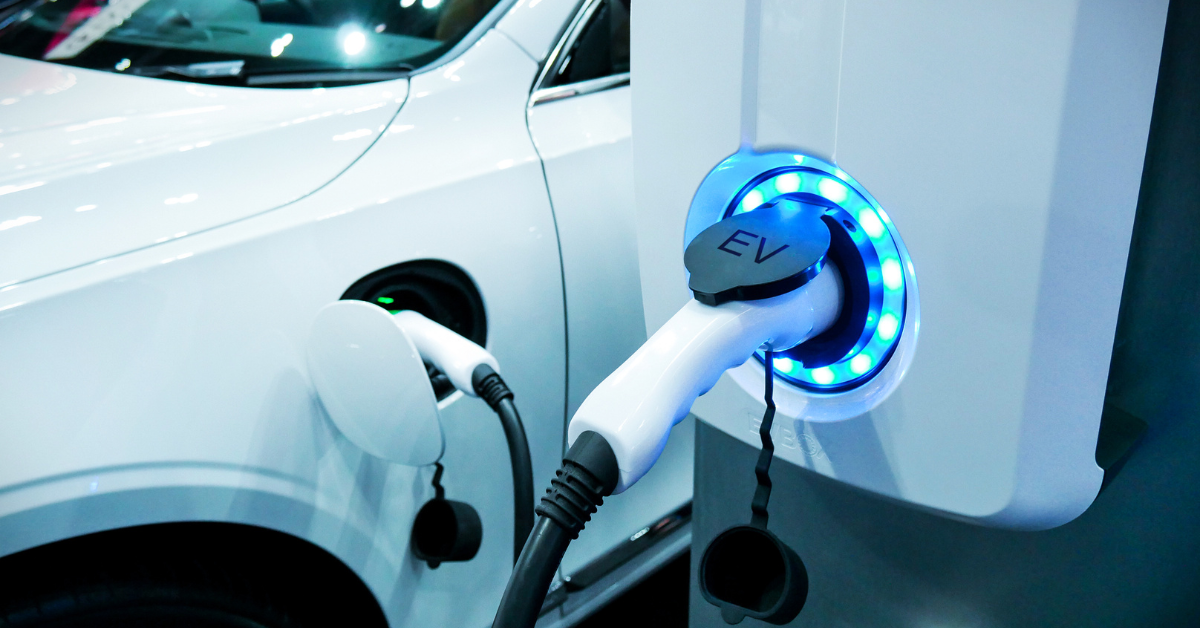SUMMARY
Tata Motors is requesting New Delhi to encourage the adoption of EVs until unit sales touched at least a fifth of all new cars sold
The company has asked the Centre to continue supporting electric taxis with an incentive of INR 10,000/kWh battery size for the next three years
Tata Motors dominates the local electric vehicle market with a share exceeding 70%
Auto giant Tata Motors has called on New Delhi to extend incentives on electric taxis for an additional three years and also include personal cars in the government’s flagship demand support programme, FAME.
The INR 3.76 Lakh Cr Tata Motors, is requesting New Delhi to create an enabling environment, like Beijing’s commitment, to encourage the adoption of EVs until unit sales touched at least a fifth of all new cars sold, ET reported.
In a letter dated March 9, revealed by ET, Shailesh Chandra, managing director of Tata Passenger Electric Mobility and Tata Motors Passenger Vehicles said that major economies like China and Germany have continued to support EV adoption with demand subsidies until achievement of at least 20% of such adoption.
“The Parliamentary Standing Committee on Industry had also recommended in 2023 that the Government broaden the scope and extend FAME by at least three more years to make the scheme more inclusive,” added Chandra.
The company has asked the Centre to continue supporting electric taxis with an incentive of INR 10,000/kWh battery size for the next three years, and also include personal vehicles in future incentive schemes to enable more widespread adoption, the report said.
Chandra said in the letter there are ‘substantial funds’ left over from the initial allocation in FAME II for taxis. “Therefore, it would be fitting that these funds are utilised to support the achievement of desired policy goals in shared four-wheeler mobility by extending the current policy allocation on FAME II,” he added.
In addition to this, he said that with continued FAME subsidies and supportive policies, India can fast track EV adoption to reduce the burden of urban air pollution and achieve the nation’s net zero, energy independence and economic growth objectives.
It is pertinent to note that FAME 2, the second phase of the Faster Adoption & Manufacturing of Electric Vehicles program, concludes on March 31. Earlier this month, the Centre reportedly granted a temporary four-month extension to the second phase of the FAME-II programme. The extension will entail an additional outlay of INR 500 Cr for the scheme.
Introduced in 2019, FAME-II initially had a total budget of INR 10,000 Cr for supporting the adoption of EVs in India. While the industry had been requesting the Centre to extend the scheme beyond March 2024, the finance ministry recently approved an additional budget of INR 1,500 Cr for the programme.
Tata Motors became a leader in India’s car market by responding to the growing demand for electric cars. In the past five years, its stock price has increased nearly six times, establishing its position as a leader in the domestic electric vehicle market.
Tata Motors dominates the local electric vehicle market with a share exceeding 70%. Its current portfolio includes four EVs in the personal car segment, the Tiago hatchback, Tigor sedan, and Punch and Nexon SUVs. The company plans to expand its offerings with the upcoming Harrier EV Curvv EV. Currently, electric vehicles account for 14-15% of Tata Motors’ sales, with a target to increase to 25% by 2027 and 50% by the end of the decade.
Alongside Tesla, automotive giants such as Audi and Mercedes-Benz are also eagerly positioning themselves to seize opportunities within the burgeoning Indian EV ecosystem.
EV registrations in India, across vehicle categories, stood at 1,43,325 units in November 2023, a year-on-year jump of over 36%, as per Vahan data.
Disclaimer
We strive to uphold the highest ethical standards in all of our reporting and coverage. We StartupNews.fyi want to be transparent with our readers about any potential conflicts of interest that may arise in our work. It’s possible that some of the investors we feature may have connections to other businesses, including competitors or companies we write about. However, we want to assure our readers that this will not have any impact on the integrity or impartiality of our reporting. We are committed to delivering accurate, unbiased news and information to our audience, and we will continue to uphold our ethics and principles in all of our work. Thank you for your trust and support.



![[CITYPNG.COM]White Google Play PlayStore Logo – 1500×1500](https://startupnews.fyi/wp-content/uploads/2025/08/CITYPNG.COMWhite-Google-Play-PlayStore-Logo-1500x1500-1-630x630.png)